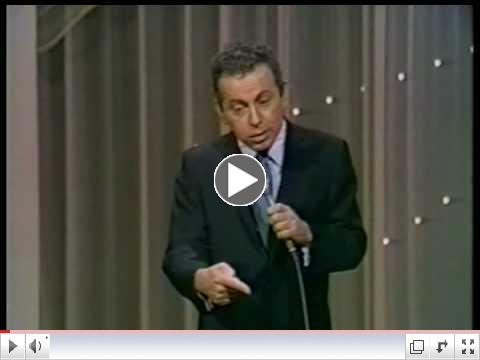My sister's been working hard in her community in Michigan, encouraging people to register, trying to convince people to vote for her candidate, and on election day, she will be helping people actually get to the polls. She reminds me there's still time to contribute and at least do our civic duty. I've never wanted to miss out on exercising my right to vote, knowing what it cost our foremothers to gain the vote for women, which happened in this country, less than 100 years ago in 1920.
 But I've been having more trouble than usual relating to the way the political conversation is currently being conducted. Most political campaigns seem like, with the help of the media, they're playing a game of "gottcha." Strategies in this game include catching someone using an awkward expression, digging up statements people made years ago when circumstances were different, and taking present statements out of context and replaying them dozens of times a day in negative television ads.
But I've been having more trouble than usual relating to the way the political conversation is currently being conducted. Most political campaigns seem like, with the help of the media, they're playing a game of "gottcha." Strategies in this game include catching someone using an awkward expression, digging up statements people made years ago when circumstances were different, and taking present statements out of context and replaying them dozens of times a day in negative television ads.
Is this the way to learn about a candidate and what kind actions he would take once in office? As David Brooks has pointed out in his column in the New York Time, the skills needed to run for office are different and often opposite of the skills needed to govern. "Campaign consciousness involves simplifying your own positions, exaggerating your opponent's weaknesses, and magnifying the differences between your relative positions. In governing mode, you have to do the reverse of all these things."
Rather than holding public debates, perhaps we should hold public dialogues to find out what someone actually believes and what they would want to accomplish if elected or returned to office. The debate form can't get us there because the debate form requires each person to listen with the question - How can I counter and make that person's idea wrong when it's my turn for rebuttal? In dialogue, each person listens with the question - What part of what the other person is saying seems right? On what do we agree so that we may someday be able to reach common ground?
Legislation is designed and passed on the basis of people being able to agree to some actions, either from deeply felt convictions, or by making a compromise, finding and exercising "the art of the possible," for the good of the whole. Without this, as we've seen recently, the system becomes gridlocked.

I'd like to recommend another creative way to explore the issues.
Sunday Oct. 28th in Pittsburgh we will be using InterPlay, a system of collaborative play, to explore and share our political beliefs and opinions. InterPlay co-founder Phil Porter will lead a workshop and Performance Jam titled; Playing Around With Politics. Phil was recently in Washington DC leading a two-day workshop on this topic. I don't know if any actual politicians were there, but I'm sure they would have enjoyed themselves and learned a great deal about their constituents if they were.
 |
|
Jackie Mason
Classic Political Comedy
|
 |
|
Joe Tex - I Gotcha
|